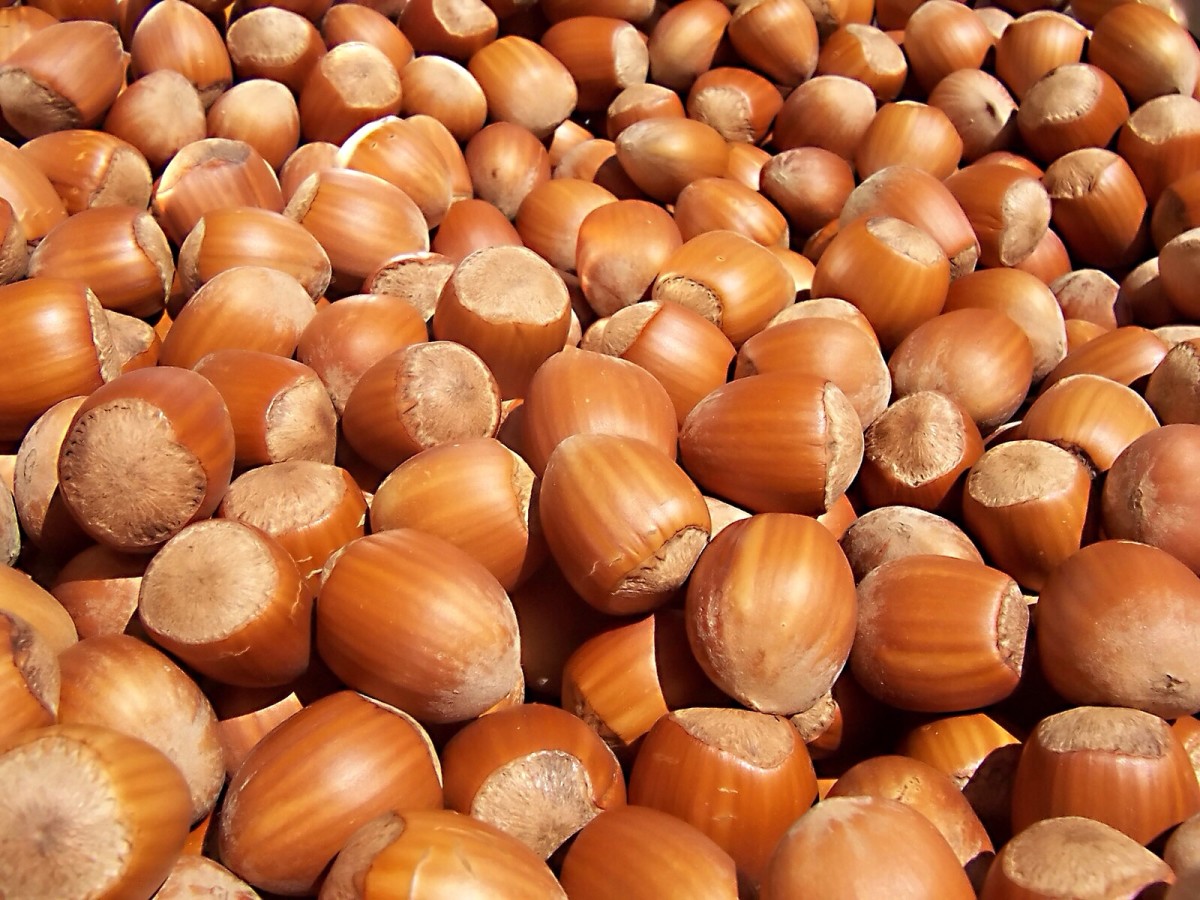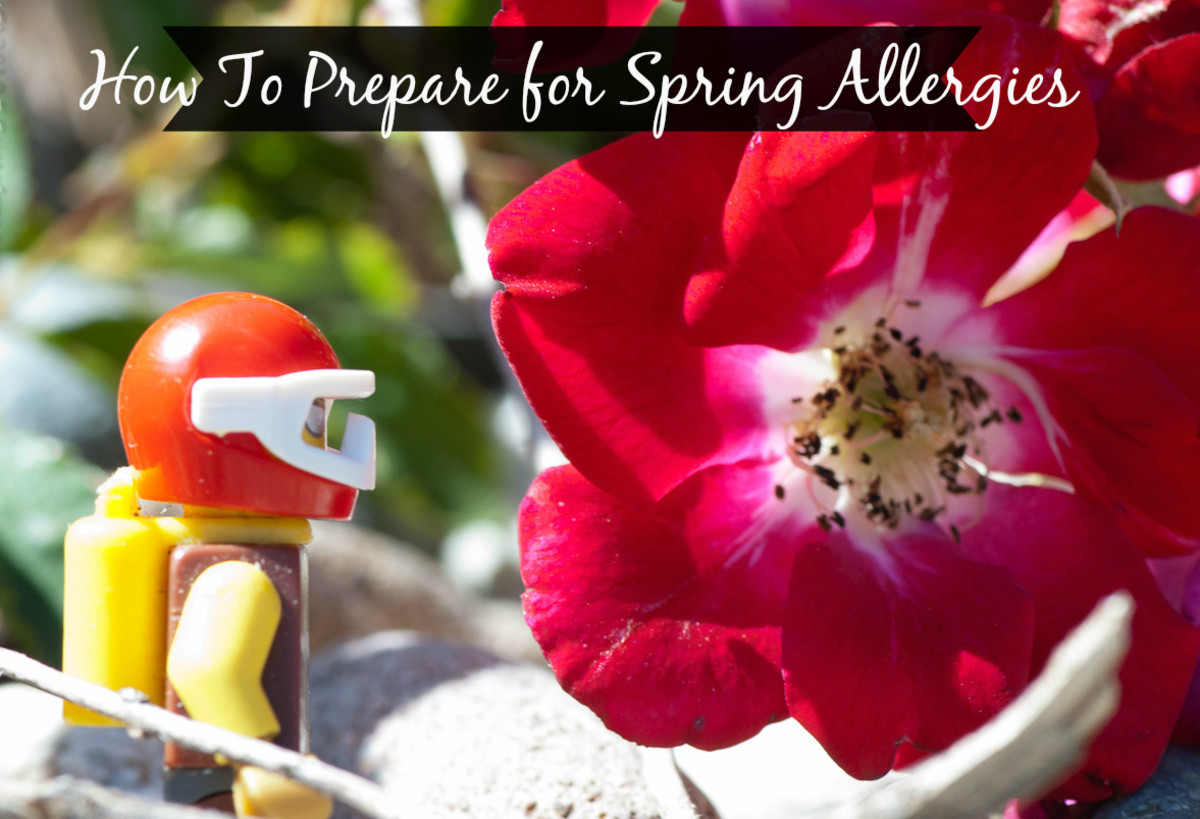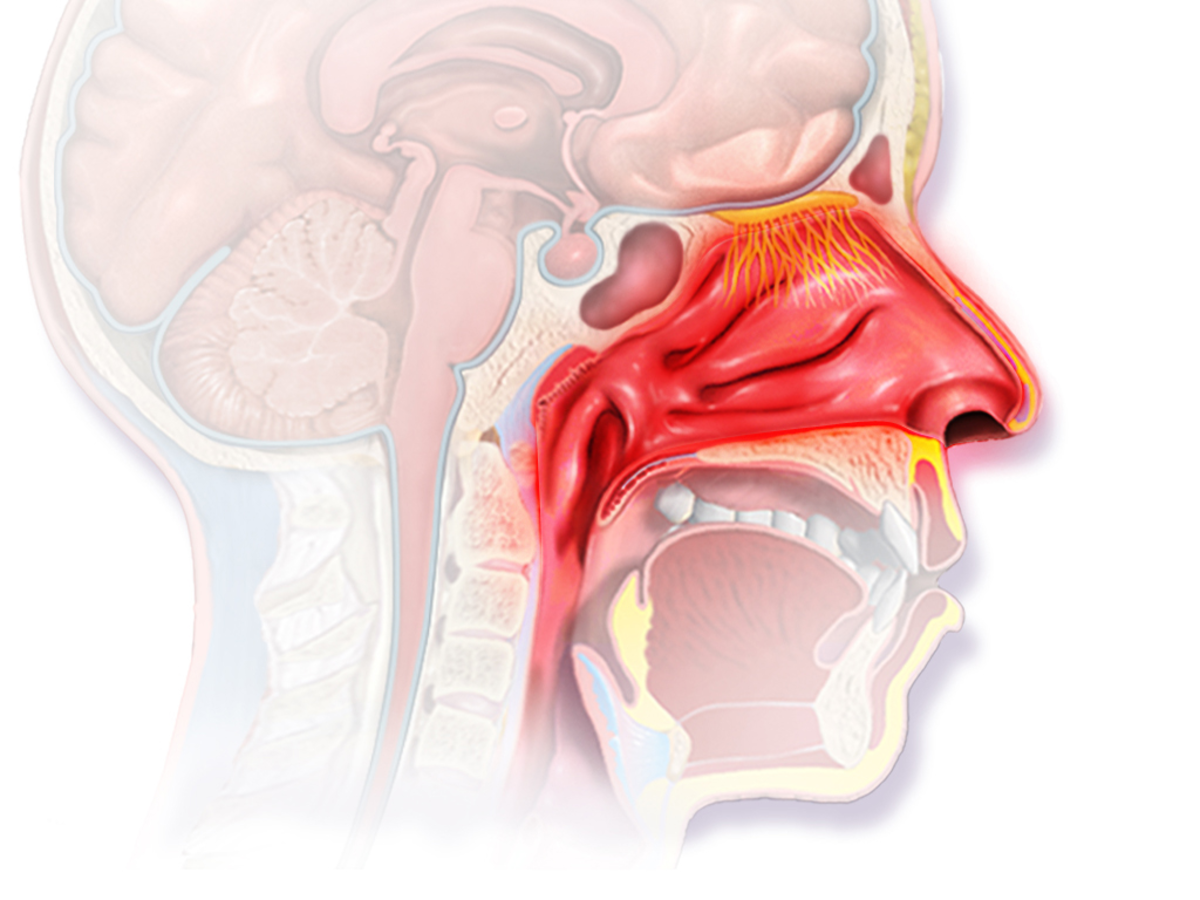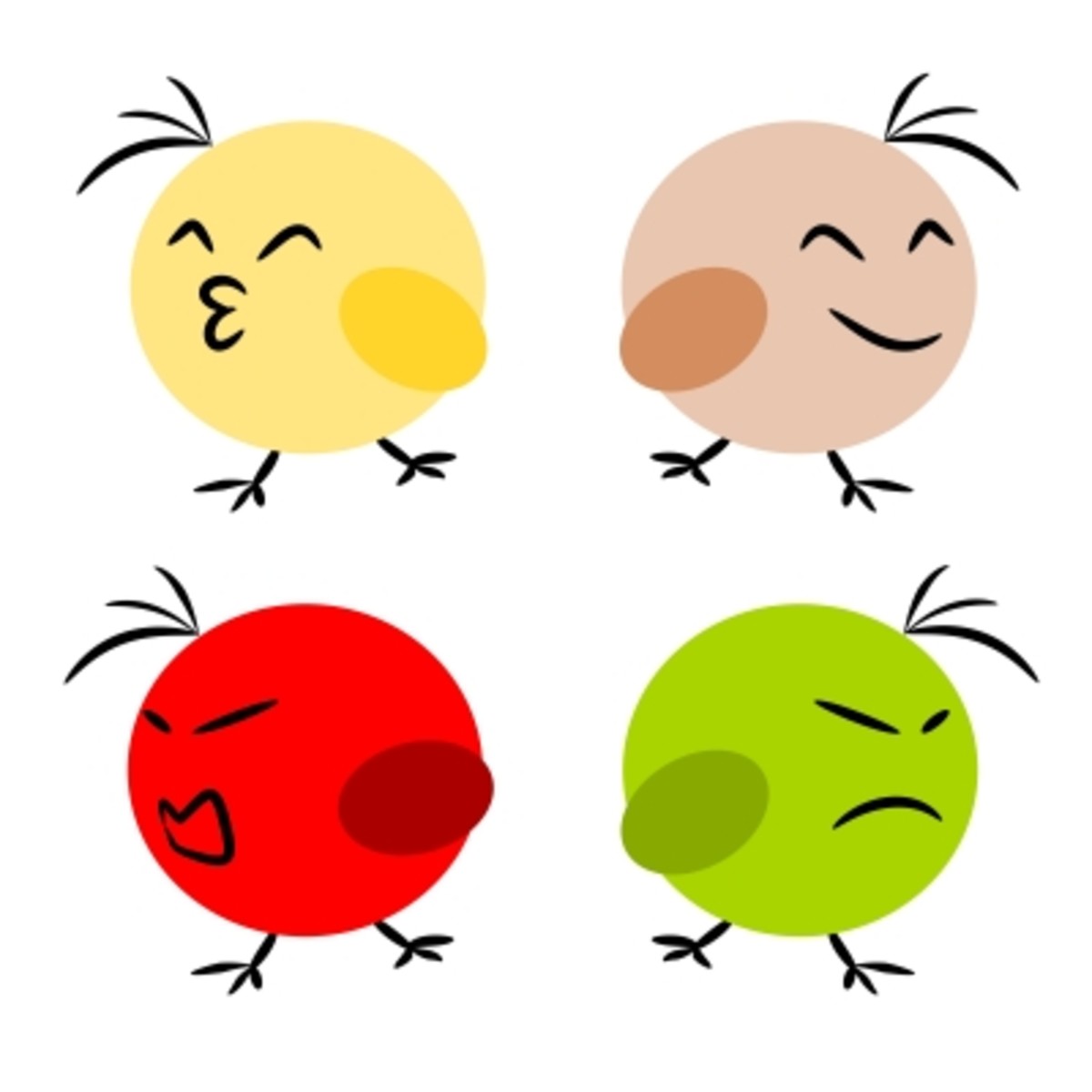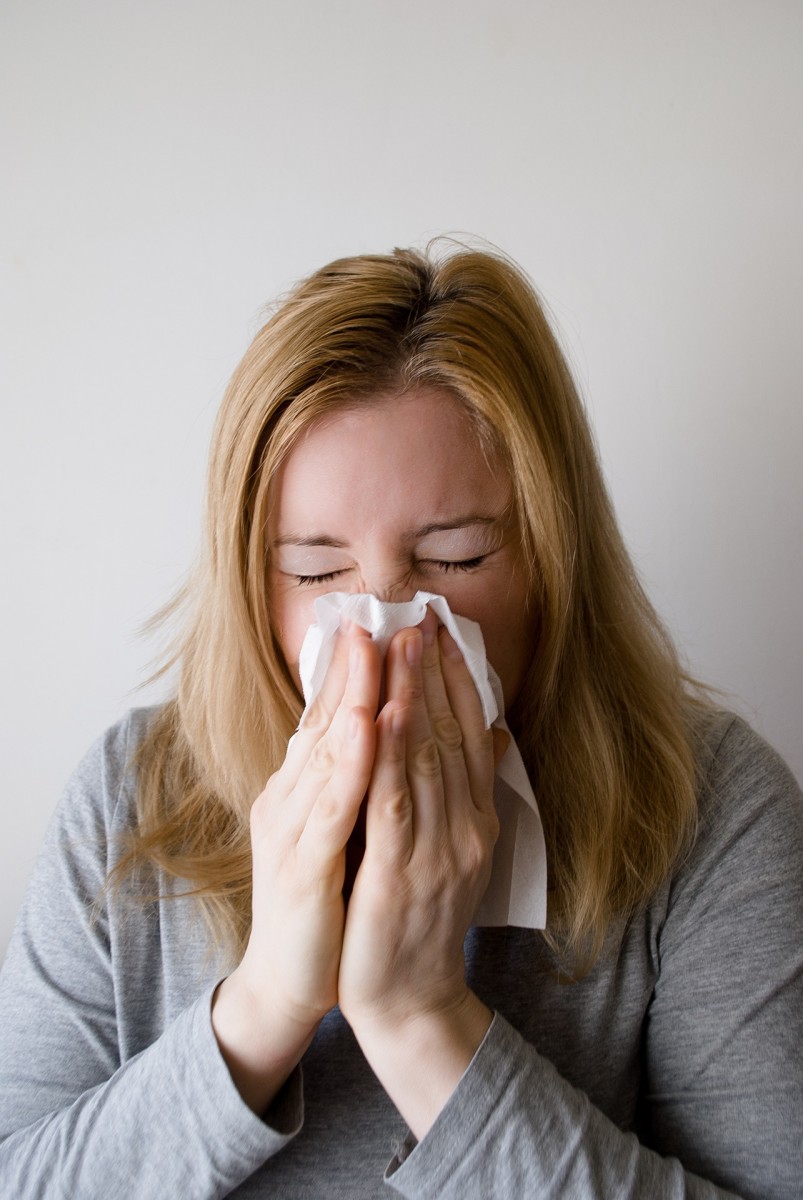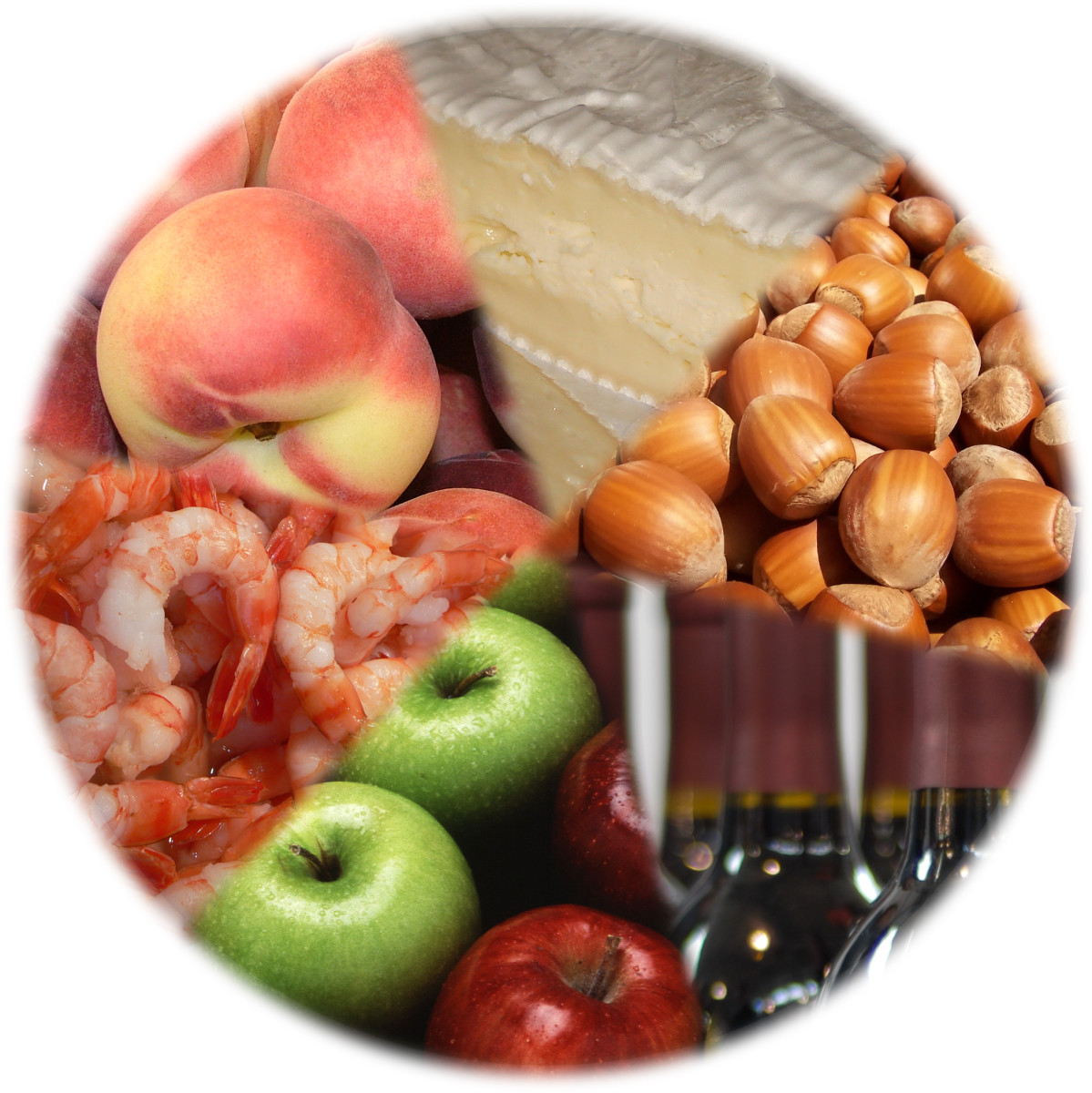Weather & Allergies
How Does Weather Effect Your Allergies?
Weather plays a large role in determining how much your allergies will act up.
Wind, Rain, Heat and Cold can wreak havoc on your body.
Here's how it works:
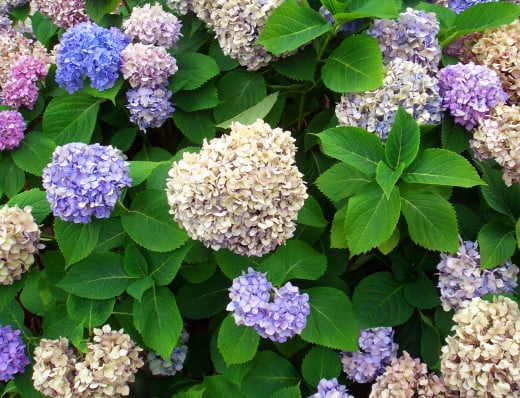
Does Rain Effect Your Allergies?
A heavy rain brings pollen counts down during and after rain for a few hours.
After rain, pollen particles are smaller which can get deeper in your lungs causing deep sinus infections.
How Does Wind Effect Your Allergies?
Wind blows pollen and mold around which aggravates allergy symptoms.
Dry wind carries pollen into the sinuses causing allergic reactions.
Does Heat Effect Your Allergies?
Pollen counts are highest on hot, breezy days.
A mild winter will not kill off molds in turn causing problems for people with mold allergies.
Mild winters usually mean an early spring.
If Spring begins early, so does pollen production.
A longer warm season means that there is more time for pollen to be produced and a higher pollen count until the first frost of winter.
Also, a sudden increase in temperature can trigger asthma attacks.
Dust mites and mold increase in humid weather. Spring weather is known to bring heavy pollen to areas.
Freezing Weather And Allergies
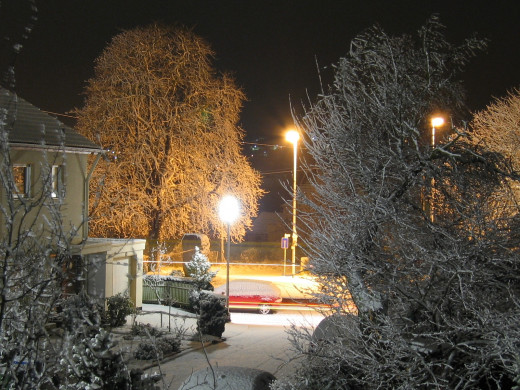
Does Cold Weather Effect Your Allergies?
Cold weather brings many problems with it including eczema, asthma issues and hives.
Sudden drops in temperature can trigger asthma attacks.
Cold, dry weather can cause eczema to worsen.
Fluctuating winter weather can cause hives.
Pollen counts are lowest when the weather is chilly and wet.
Freezing weather does help with outdoor allergies since plants do not produce pollen while it is freezing out.
During periods of below freezing weather, seasonal allergies will not be a problem, but you will still need to watch out for year-round allergens like dust, mold, mites and mildew.
Outdoor mold will be gone if below freezing, but indoor mold will keep growing as long as it has a humid environment.
How Do Seasons Effect Your Allergies?
- Trees release pollen in the spring. Maple and Birch pollinate first. Birch and Cedar pollinate second.
- Grass releases its pollen throughout the summer.
- Weeds cause hay fever in the fall until the first frost. Ragweed is the most common.
- Year-round allergens can effect you, even in the winter. They include: pet dander, indoor mold, cockroach and dust mites. These culprits are usually found in bedding, mattresses, and carpeting.

Symptoms Of Allergies (Or Allergic Rhinitis)
Symptoms of Allergies, or allergic rhinitis, include:
- sneezing
- itchy
- watery
- swollen eyes
- runny nose
- sore throat
- trouble sleeping
- coughing
- dark circles under the eyes.
Many of the symptoms are similar to the common cold, but common colds only last for 5-7 days.
Track when you have symptoms and what pollens are high that day.
You may be able to find out what you are allergic to on your own.
Treat Allergies Naturally!
- Natural Remedies for Allergy Sufferers
I have been suffering from severe allergies, multiple sinus infections each year and allergy-induced asthma for a while now and have tried everything to suppress them. I have found a few things that I can do at home that help relieve some of the symp
How To Treat Allergies
If you do suffer from allergies, the best thing to do is to avoid them.
That is not always possible though.
Taking an over the counter antihistamine can help most allergy sufferers.
If you have severe allergies, I would recommend seeing an allergist who can determine what you are allergic to and a treatment plan.
Prescription nasal sprays work great!
You could also get allergy shots. It is a long process, but I have heard that it is worth it for most people that have been getting them for more than a year.
Great sites like www.pollen.com and www.accuweather.com can tell you which pollens are high in your area that day.
They even have app's that you could put on your Smart Phone that will help you keep track of the pollen counts.
DO YOU HAVE ALLERGIES?
This content is accurate and true to the best of the author’s knowledge and does not substitute for diagnosis, prognosis, treatment, prescription, and/or dietary advice from a licensed health professional. Drugs, supplements, and natural remedies may have dangerous side effects. If pregnant or nursing, consult with a qualified provider on an individual basis. Seek immediate help if you are experiencing a medical emergency.
© 2012 Melanie Casey

